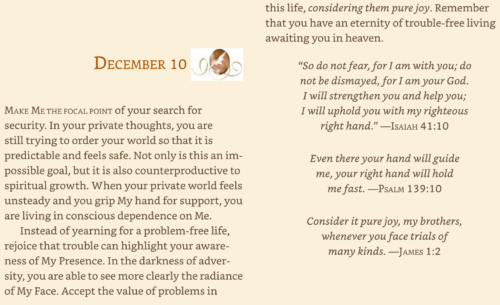Hope Beyond Our Lifetimes
Theologian and Carmelite sister Constance FitzGerald identifies hope as a profound freedom to accept God and reality as it is. She takes inspiration from the work of St. John of the Cross (1542–1591):
This dynamic of being able to yield unconditionally to God’s future is what John of the Cross calls hope, a hope that exists without the signature of our life and works, a hope independent of us and our accomplishments (spiritual gifts or ordinary human achievements), a hope that can even embrace and work for a future without us. This theological hope is completely free from the past, fully liberated from our need to recognize ourselves in the future, to survive, to be someone. [1]
This gift of hope is what allows author Victoria Loorz and others to embrace a “post-doom” spirituality [2] which is large enough to face climate crises and not be driven to despair. Grounded in the Gospel, such hope affirms that love is stronger than death. Loorz writes:
Post-doom spirituality . . . accepts the fullness of our reality: the tragedy as well as the beauty. This spirituality moves into—and then eventually beyond—grief and repentance toward a deeper, more courageous, compassionate, and spiritual aliveness. . . .
Facing the reality that we’re standing on a precipice right now, as a species and as a whole planet, is sobering, to say the least. But facing what is real opens the heart to grief, which somehow opens the heart to love even more deeply. . . .
When you reconnect with the alive world in a more compassionate way, and when you realize that the whole world is a living system that can only thrive when death makes room for new life, you may feel a calm settle into you. You may find yourself with the energy that comes from love to embrace the whole story, including the necessary emptiness and loss. . . .
When we look toward what has been lost with the climate crisis or other ecological damage that our species has inflicted, we do still need to strive toward repair, but the cure is within our own mentality. The mentality that love really is as strong as death (like the beloved says to the lover in [the] Song of Solomon) compels us to regard those of us who remain—forests, polar bears, wilderness, people—with fierce love, looking toward how we can all live our highest quality of life together as beloved community, no matter what.
We do not need to minimize or overlook the pain and tragedy we encounter as we live in this time of interwoven crises. Eventually, when we recognize that the pain is directly connected with our love, we can embrace it. We can move into actions of restoration that are firmly planted in love. [3]
